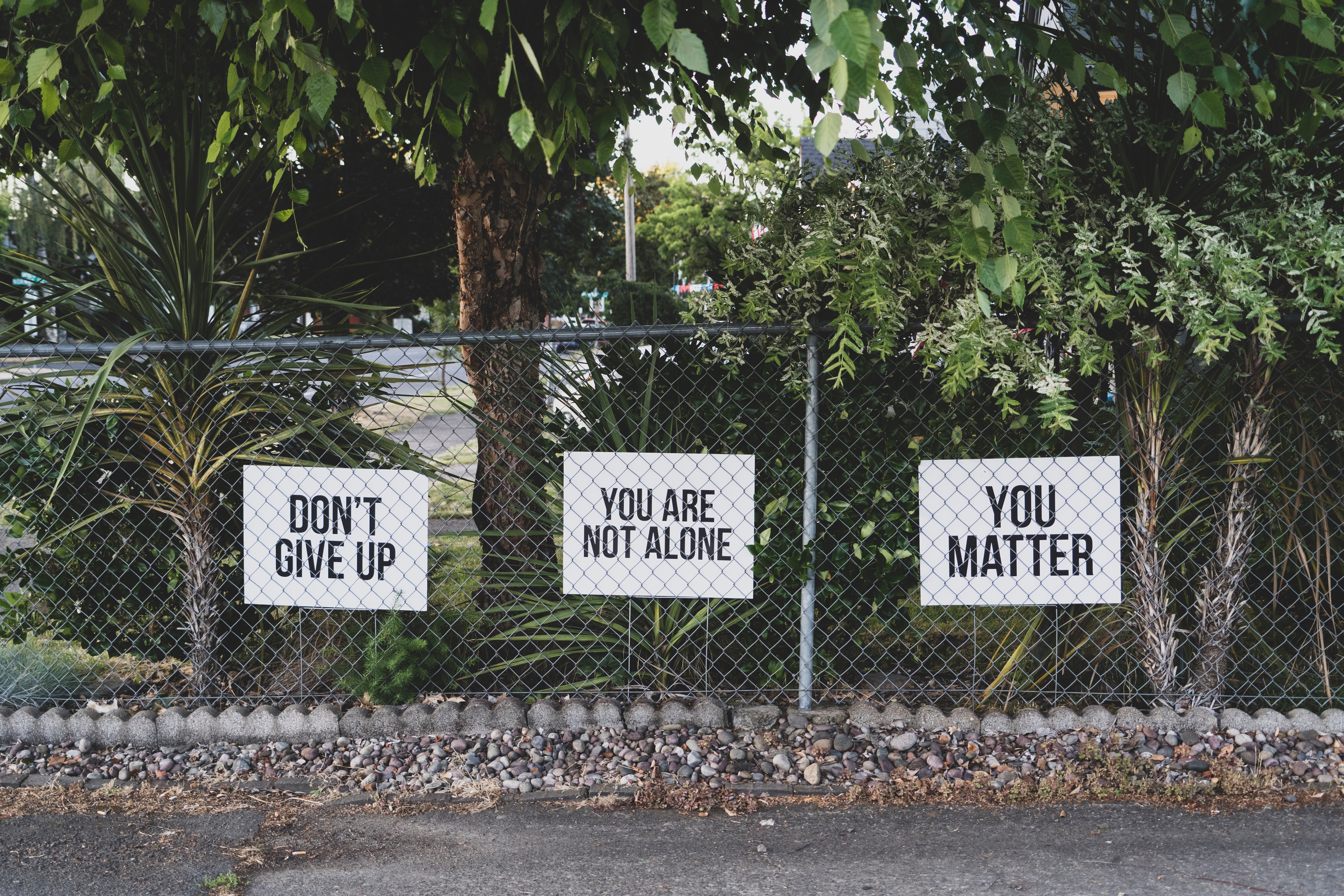Mental Health Basics: All You Need to Know | Guest Post by Allison Staley

Experiencing a mental problem can be scary, confusing and unsettling especially when it happens for the first time. To some people, it could feel like a sign of weakness or even loss of mind preventing the affected person from sharing or even seeking help due to fear of stigmatization. Unfortunately, when a person fails to get help, the symptoms only get worse resulting in a sense of isolation and an increase in distress. However, like most in home physical therapy specialists agree, mental problems are common like any physical disease, and you only need the right combination of treatment, self-care, and support to get better. Most people do not realize that the mental health problem is a serious condition until they experience a breakdown, but it is not supposed to happen that way.
Different types of mental health problems
There are different types of mental health problems with some showing similar symptoms, and thus, it is possible to experience the symptoms of more than one mental health condition. It is also worth noting that every person has a unique experience of mental health problems and the symptoms can also change at different times. Some of the common mental health problems include:
Depression: Depression is an extended feeling of low mood that affects your daily life. The feeling can make you feel worthless, despairing, guilty, hopeless, exhausted, and unmotivated negatively affecting your sleep, self-esteem, physical health, and sex drive. In its initial stages, depression does not prevent you from leading a normal life, but it makes daily activities look harder to complete. In its advanced stage, depression can be life-threatening by making you feel suicidal.
Anxiety problems: Anxiety is the feeling that occurs when you are worried about things that might happen in the future. While occasional anxiety is a normal human experience, prolonged anxiety can be overwhelming resulting in panic attacks and sleep problems. An anxiety diagnosis can include social anxiety (social phobia), generalized anxiety disorder (GAD), post-traumatic stress disorder (PTSD), or panic disorder.
Phobia: A phobia is a severe form of anxiety or fear that is triggered by a certain situation or factor. The fear is described as a phobia if it lasts more than six months and has a significant impact on the person’s day-to-day life.
Schizophrenia: Schizophrenia is more of an overlap of different conditions. You are likely to be diagnosed with Schizophrenia if you are experiencing hallucinations, difficulty concentrating, disorganized thinking and speech, feeling disconnected from your feelings, a lack of interest in things, and not wanting to look after yourself.
Obsessive-compulsive disorder (OCD): This is a type of anxiety disorder that usually features obsessions that can include unwelcome thoughts, urges, images, doubts or worries that repeatedly appear in your mind and the repetitive things that you feel you have to do to reduce the anxiety caused by the obsession.
Bipolar disorder: Bipolar disorder usually involves the hypomanic episodes of feeling high and depressive episodes of feeling low. It may also include psychotic symptoms.
Causes, Self-care, and Treatment
Many factors can cause mental health problems, but the leading causes include biological factors such as brain chemistry or genes, life experiences like abuse or trauma and the family history of mental health problems. People diagnosed with mental health problems can get better with the right treatment and self-care techniques. The best form of treatment depends on the type of mental health problem as well as the severity of the condition, but the common treatment methods include taking medications, talking treatments, and therapies. Antidepressants, mood stabilizers, sleeping pills, and antipsychotics are commonly used to treat and manage mental health conditions. The self-care techniques and general lifestyle changes that you can make to manage your condition include nourishing your social life, peer support, stay aware of your mental health, and make time for therapeutic activities.
